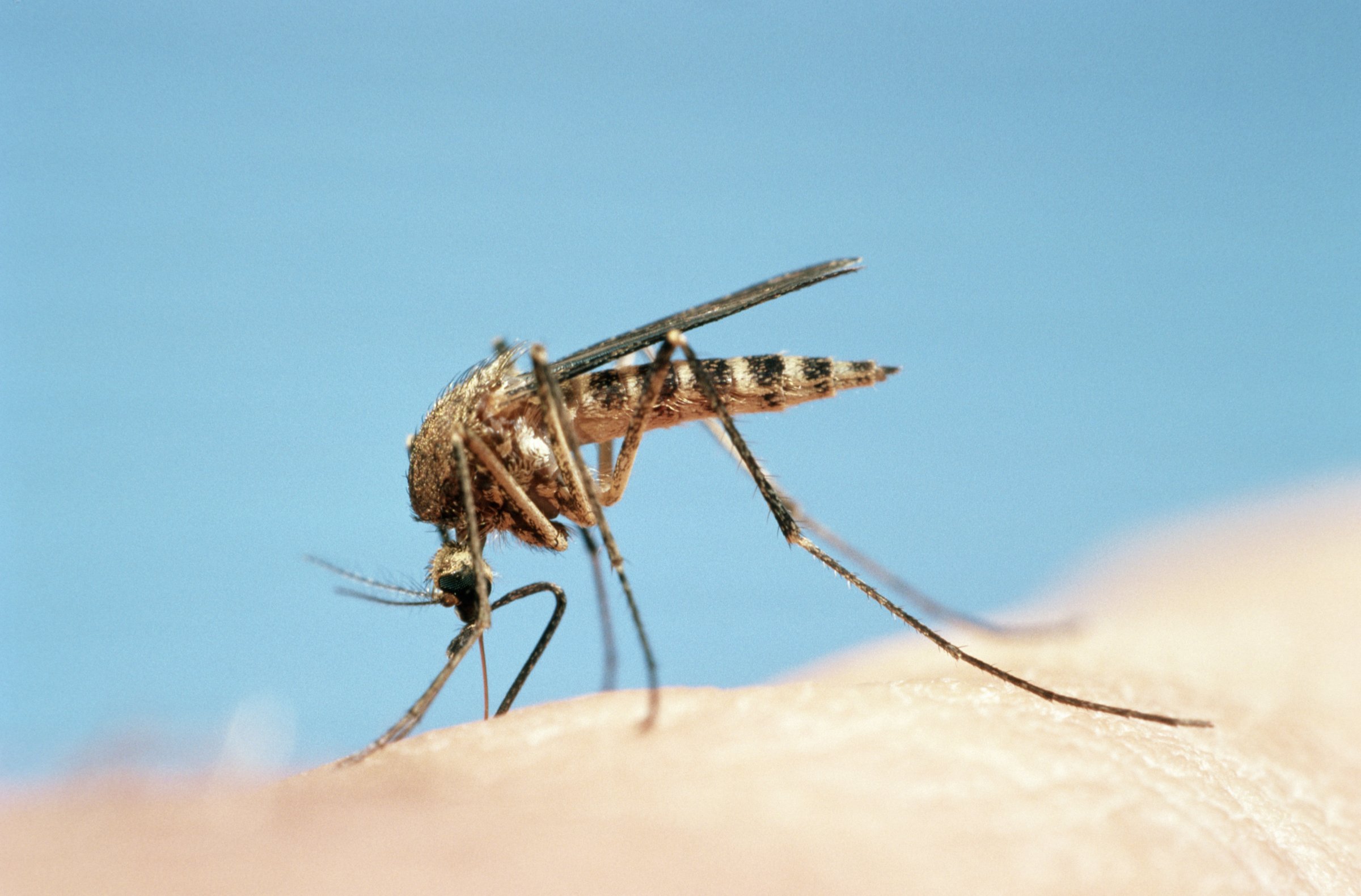
After six years of trying, scientists have discovered a way to genetically modify mosquitoes so they produce sperm that will only conceive male offspring.
Female mosquitoes are the ones who bite people and pass along malaria, so scientists think if they can significantly lower the number of female mosquitoes the rate of malaria will also go down. In their research published in the journal Nature Communications, the researchers created a modified strain of mosquitoes that produced 95% male offspring.
When they introduced the strain to a five caged wild mosquito populations, the modified pests eradicated entire mosquito populations in four of them. There were too few females for the populations to survive. The researchers hope that this same scenario could happen in the wild, and malaria-carrying mosquitoes could die off.
Their findings are important because the scientists are the first to interfere in the sex ratios of mosquitoes, and their strategy could be successful in eliminating malaria, which remains a fatal disease in some sub-Saharan regions in Africa. Malaria prevention methods worldwide have brought down malaria mortality rates by 42%, but scientists are concerned over insecticide-resistant mosquitoes that pass along drug resistant malaria.
“The research is still in its early days, but I am really hopeful that this new approach could ultimately lead to a cheap and effective way to eliminate malaria from entire regions. Our goal is to enable people to live freely without the threat of this deadly disease,” said study author Roberto Galizi from the Department of Life Sciences at Imperial College London in a statement.
More Must-Reads from TIME
- How Donald Trump Won
- The Best Inventions of 2024
- Why Sleep Is the Key to Living Longer
- Robert Zemeckis Just Wants to Move You
- How to Break 8 Toxic Communication Habits
- Nicola Coughlan Bet on Herself—And Won
- Why Vinegar Is So Good for You
- Meet TIME's Newest Class of Next Generation Leaders
Contact us at letters@time.com